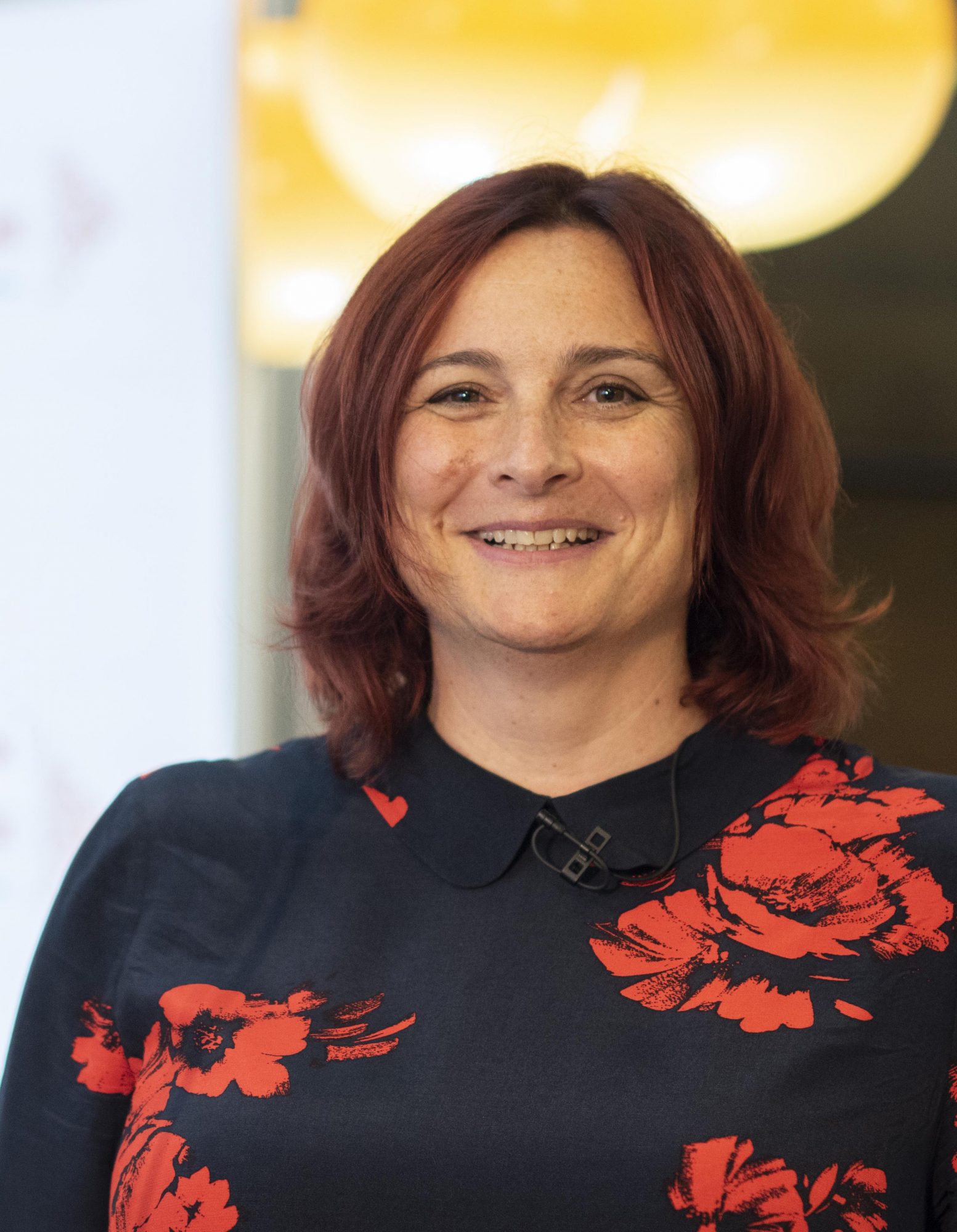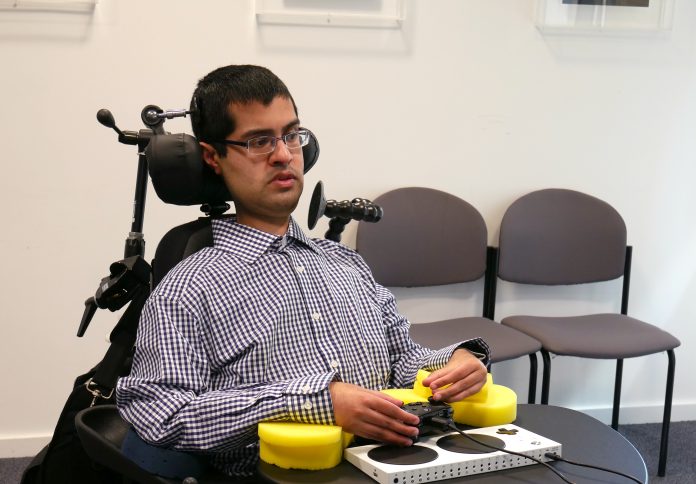Catherine Woodhead, CEO, Muscular Dystrophy UK explains how lives are being transformed through research when it comes to muscle wasting conditions
Sixty years ago when Muscular Dystrophy UK grew out of the Central Council of the Care of Cripples, research into muscle wasting conditions was largely neglected, the life expectancy for people living with Duchenne muscular dystrophy was around 14 years and attitudes towards people with disabilities were largely negative. Today, pioneering research has led to over 150 clinical trials globally, better support and care has seen life expectancy increase and equality legislation, combined with improved access, means that more people with muscular dystrophy and associated conditions have greater opportunities, visibility and aspirations than ever before. People with Duchenne muscular dystrophy are now living into their thirties and early forties’, they are gaining PhD’s, getting married, having children. And there is still a long way to go.
The race is on to develop potential treatments and ultimately cures not only for the 70,000 people in this country affected by over 60 known muscle-wasting conditions that are rare or ultra-rare but for their families as well.
There have been great advances that would have been unthinkable just 10 years ago. Thanks to its excellent clinical research base and the NHS, the UK is a natural location for the development and trial of new treatments and we have seen an explosion of clinical trials. However, researchers and clinicians are warning us that current systems and structures are not adequately prepared to meet the demand. As a consequence neuromuscular centres face having new trials turned down owing to a lack of capacity. We need to strengthen this and MDUK will work with our partners to ensure that the centres across the UK are able to support trials so that, ultimately, people can access potential therapies sooner.
We want to see more studies in ultra-rare neuromuscular conditions. Partnerships are key, so we work with international funders and charities to bring research skills from across the globe. International collaboration provides researchers with access to larger numbers of patients and speeds up the journey to develop new treatments.
If we’re to succeed in finding treatments sooner, then we need to expand the existing pool of dedicated and talented researchers working in the field of muscular dystrophy. We already support fantastic academics (scientists, medics and physiotherapists) across the UK, but we want to ensure that there are sufficient neuromuscular researchers for the years to come. So we support researchers early in their careers, who may be looking for exciting opportunities, and encourage experienced researchers from other fields to collaborate with neuromuscular scientists, bringing new expertise to the field.
There are obstacles of course. The high price tag on some treatments is deemed too high and the hope it offers families is taken away. Progress to influence regulators and biotech companies can be painfully slow and continued delays cause heartbreak for families. Through our FastTrack campaign, we are tackling delays to treatments and accelerating every step of the process for promising new therapies to ensure they reach those who urgently need them as quickly as possible.
In addition to insufficient access to treatments is the reality of managing daily life. People want access to specialist NHS care and better support for their psychological needs from the point of diagnosis and beyond. For example, parents who receive a diagnosis of a neuromuscular condition at birth can require a great deal of psychological support in order to be able to remain positive for their child.
Access to the right technology is important and people tell me how it helps them to manage their condition, improve their quality of life and remain independent. But it needs to be affordable technology that will enable them to take up employment and education opportunities and enjoy a good quality of life.
People with muscle wasting conditions are determined to change their communities so that the barriers they and others face to living independently are removed. That’s why Trailblazers, our young people’s campaigning group, press the rail companies to ensure disabled people can travel when and where they want to go, urge bus companies to ensure wheelchair users can travel safely and encourage the aviation industry to take accessibility seriously.
Whenever I speak to people they tell us again and again that they urgently want to see treatments that slow down or stop the progression of their condition. They need them now. They want better care, and the support to stay active, independent and connected, to be part of their community and to just get on with life – to be seen as a person, not defined by their condition! We’re determined to make that a reality because for people with muscle-wasting conditions every day counts.

Catherine Woodhead
CEO
Muscular Dystrophy UK
Tel: +44 (0)20 7803 4800











